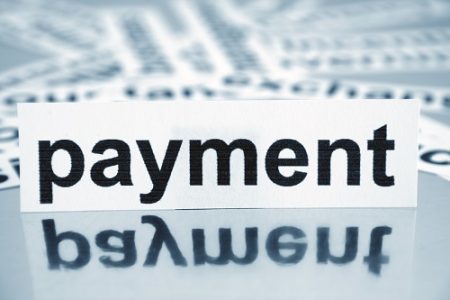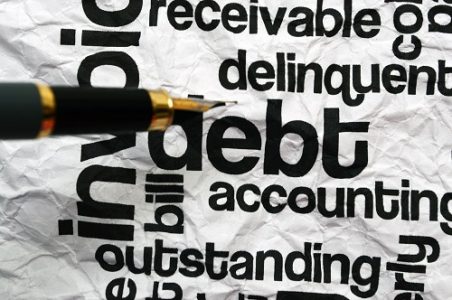The first step to take on any path to debt relief is to contact an experienced professional in the matters of finance and debt. Often times, a Houston bankruptcy attorney, can serve as that experienced professional. Your Houston bankruptcy attorney will guide you through all of your debt relief options. For many people, a Chapter … Read more
A Chapter 13 bankruptcy is a form of debt reorganization. It allows you to restructure your debts and keep your property. Chapter 13 can be a good option if you have the money to stay current on your payments but need help with a large amount of debt. Chapter 13 bankruptcy can help you: Get … Read more
One of the reasons people fail to secure proper debt relief solutions is due to fear of losing their property or assets. Much of this fear stems from myths about bankruptcy and a lack of understanding how the bankruptcy process works. Unfortunately, this often leads people to sit by and not take action; ultimately putting … Read more
A bankruptcy filing under Chapter 13, which is sometimes called Reorganization Bankruptcy, refers to applying for the court’s intervention in reorganizing the assets and liabilities of an individual or married couple. So, when the Court receives an application under Chapter 13 of the Bankruptcy Code, it helps the applicant restructure their debts and assets. The … Read more
When you file Chapter 13 bankruptcy, you will develop a court-approved repayment plan to your creditors. To determine the amount paid every month and if it will last for three to five years depends on your income, assets, living expenses, family size, and the amount of debt that you have and are behind in. Problems … Read more
While not very common, you can change your Chapter 7 liquidation bankruptcy to a Chapter 13 reorganization bankruptcy. If you filed Chapter 7 bankruptcy and made more money than your state’s median, you will not be able to pass the mandatory means test. Your trustee or creditor can file a motion to have your filing … Read more
When you file chapter 13 bankruptcy, you are required to make your first payment within 30 days of filing for bankruptcy. If the bankruptcy judge confirms your plan, your payment will be dispersed to your creditors. If your plan never gets approved and your case is dismissed, your payments will be returned to you, minus … Read more
Chapter 13 is considered a reorganization bankruptcy. This type of bankruptcy is used when you are in danger of losing your secured assets, such as your home or your vehicle if you get behind in your payments. When you file a Chapter 13 reorganization Bankruptcy, you will be given three to five years to catch … Read more
Chapter 13 is a type of personal bankruptcy for those that want to keep all of their property. This reorganization bankruptcy allows you time to catch up on your debt without losing any assets. This is an especially useful tool when you are in danger of losing your home or vehicle if you get behind … Read more
If you are behind in your home or other secured property payments and worry you may be facing foreclosure, Chapter 13 bankruptcy may be your financial solution. Chapter 13 involves a court-approved repayment plan allowing you time to catch up on your arrears without losing your home or other assets. You must have a reliable … Read more











